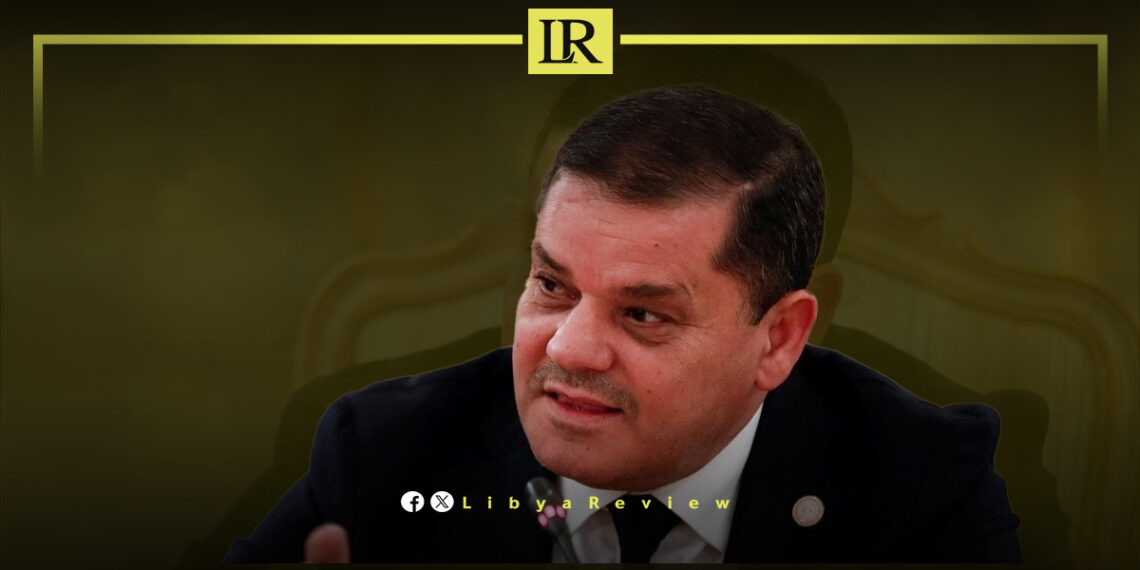Libya’s Prime Minister Abdulhamid Dbaiba has once again dismissed speculation about normalization with Israel, insisting that such a move is not under consideration. In an interview with Asharq al-Awsat, he stressed that “there is no effort or desire to normalize relations with the occupying state,” calling the Palestinian cause “a major part of the conscience of all Libyans.”
His firm rejection reflects the sensitivity of the issue inside Libya, where support for Palestinians is deeply rooted across the political spectrum. Since independence in 1951, Libya has had no formal ties with Israel, and under former leader Muammar Gaddafi, the country was one of the staunchest opponents of Israel in the Arab world. That legacy still shapes public opinion today, making any move toward normalization politically explosive.
Yet behind the public statements, reports suggest that discreet contacts have taken place. According to Middle East Eye, National Security Adviser Ibrahim Dbaiba, a relative of the prime minister, has led quiet discussions with Israeli officials. The secrecy reflects the reality that even rumors of engagement can spark outrage in a country where the Palestinian cause is seen as inseparable from national identity.
Libya witnessed this firsthand in August 2023, when then-Israeli foreign minister Eli Cohen publicly announced a meeting with Libyan foreign minister Najla Mangoush in Rome. The disclosure triggered mass protests, Mangoush’s suspension, and her eventual flight to Turkey. Dbaiba, who was said to have approved the meeting, quickly distanced himself, highlighting how politically dangerous the issue remains.
Despite the uproar, analysts note that Libya’s instability and economic crisis have kept the door to normalization ajar, at least in theory. Dbaiba faces a divided country, with his Government of National Unity in Tripoli challenged by a rival eastern-based administration. Years of conflict have left Libya with poor infrastructure, unreliable electricity, and a struggling economy despite vast oil reserves. For many Libyans, especially younger generations, the priority is stability and development rather than ideological battles.
Observers argue that normalization, if ever pursued, would be less about foreign policy symbolism and more about domestic survival. Improved security cooperation could help Libya curb arms smuggling, while economic partnerships might open the door to new investment and development projects. At the same time, critics warn that any suggestion of engagement with Israel risks igniting unrest and undermining what little legitimacy Dbaiba has left.
For now, Dbaiba insists Libya will not follow the path of other Arab states that have opened relations with Israel. He has rejected claims that Libya might resettle displaced Palestinians from Gaza, calling such reports “false and fabricated,” and emphasizing that Palestinians must remain on their land. Still, the persistence of leaks about behind-the-scenes contacts suggests that the question is unlikely to disappear.


